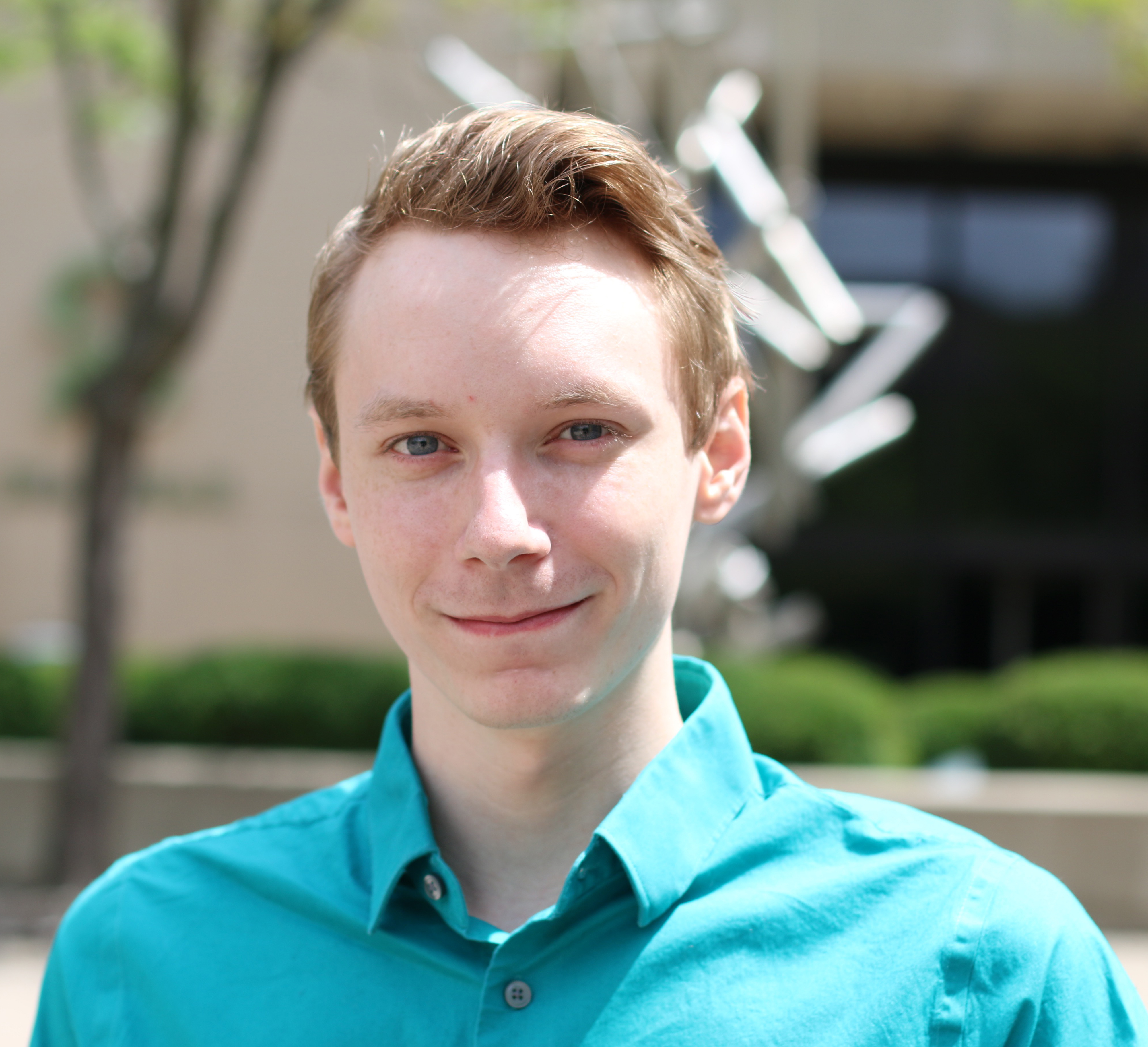As a blended family, a common experience nowadays by all means, each set of children got to view the parenting of the other portion of the family growing up and even into adulthood. This harks to one of my pet peeves: parents’ unrealistic perspectives of their children.
I understand, in a way. I get very paternal at moments in my life. The idea of having a family and settling down is an ideal future that I’d consider myself incredibly fortunate to have to any degree.
But, these dreams of what I view my future to be don’t contain these dynamics where my children are perfect. I don’t even hope my husband is perfect.
My childhood wasn’t perfect by any means; whose is? My relationship with my mother was not perfect, my health has been far from perfect–but it’s precisely because of all these scars and hurdles that I have a profound love for life and everyone in it.
If you go around parading your son or daughter as some straight ‘A,’ supergenius, meanwhile they’re snorting coke and not passing their high school classes, is that really loving your child?
While you live in your delusional world, you’re training yourself to dismiss behaviors you should be paying attention to.
Why is it so uncomfortable for parents to realize that their child does not have to be the next Jesus Christ to live a wonderful, happy, important life? There’s always this knee-jerk in this sheltered suburb of mine toward any issues children have.
It’s like everyone here is trying to be Penelope from SNL. Child rearing is a one-up contest, apparently.
A parent will bring up that their child will start at Sinclair or something in the fall and the roundtable of “can-I-speak-to-the-manager” adults will respond with something like “Oh, yeah? Well, my angel has an IQ of 209, controls the president of the United States, single-handedly resolved the Palestinian-Israeli conflict and cured AIDS. Twice.”
Meanwhile, you’re so entertained by your fantasies you’re desensitized to receiving the signs your child may need your help. Why do we not want to help the ones we love?
Do we just not love our children anymore? What about our friends and family? How honest are our concepts of each other?
I consider myself incredibly fortunate that if you’re on my Facebook list or anything like that, I will happily fly thousands of miles to help you. I will be there if you need me, as soon as I can be. I will be there yesterday if I have to.
The point being, everyone that knows me knows I’m not perfect–and it brings us closer.
If my life story ever reads like “Barton woke up and had an alright day, then slept,” no one would read it. While that sounds ideal to me, a severe insomniac, it points out that what we take interest in often arises from conflict.
I believe from growing up, trading away my identity for security, it made me appreciate the relationships I have in my adulthood significantly more. It doesn’t fill that void, but it sure soothes it while helping to discover new passions.
When I was about 18 or 19, my family had calmed down and we got to rebuild the relationship, arguably for the first time, as real people who had real problems that deserved real, collaborative work.
We tried the storming through life pretending if we ignored these challenges, they’d surely resolve. Life will personally find you and belittle you wherever and whenever you have that mindset.
We had to drop our egos to get somewhere. We couldn’t get over hurdles while we were weighted down by unrealistic perspectives of ourselves and others.
I think some of us need to spend some more work thinking which we truly value: our pride, or the children we claim are our pride and joy? Facades and ignorance are dangerous acts for families in dire straits.
Value your real relationships. Life isn’t perfect, but it is real– so why get hung up on idealism?
Barton Kleen
Executive Editor

